A vida de um parasitologista molecular – ciência e mais
❉ Este artigo faz parte de uma série de artigos preparados pelas oradoras do evento Soapbox Science Lisbon. A segunda edição do Soapbox Science Lisbon, para promover as mulheres na ciência, terá lugar no dia 23 de Outubro de 2021. Guardem esta data!
A vida de um parasitologista molecular – ciência e mais
Por Aparajita Lahree
O meu nome é Aparajita Lahree e sou estudante de doutoramento na área de parasitologia molecular. Licenciei-me em Engenharia Biotecnológica no país onde nasci e cresci, a Índia. Em 2013 tive a oportunidade de visitar Portugal durante 6 meses, tempo suficiente para me apaixonar pelo país e pela Ciência que por cá é realizada, em especial na minha área de interesse, doenças infecciosas.
Por conseguinte, decidi realizar o meu Mestrado em Biologia Celular e Molecular em Coimbra e o meu Doutoramento em Parasitologia no Instituto de Medicina Molecular – João Lobo Antunes, em Lisboa.
Como Parasitologista Molecular dedico-me ao estudo de doenças infecciosas causadas por parasitas, em humanos. Estudo o seu funcionamento ao nível molecular, a estrutura e contexto onde estão inseridos, de forma a contribuir para a prevenção dessas doenças.
Desde criança que tenho particular fascínio pelo detalhe visual das coisas e, à medida que fui crescendo, o pressuposto “ver para crer” transformou-se na força motriz do meu processo de aprendizagem e da minha metodologia de trabalho. O meu objectivo principal foi, e continua a ser, “ver” o parasita, a infecção e as relações biológicas entre organismos vivos, tal qual como são e acontecem, pois só assim, será possível combater, de forma mais eficiente, os parasitas que são patogénicos para o Ser Humano.
O meu foco de estudo é o parasita intracelular denominado de Plasmodium: o agente causal da Malária, uma doença altamente letal, em especial para as crianças menores de 5 anos, e para a qual ainda não existe um mecanismo preventivo 100% eficaz.
No meu dia-a-dia no laboratório, a técnica que mais uso é a Microscopia de Alta Resolução. Por intermédio de Microscópios Confocais, posso amplificar o parasita nitidamente de tal forma, que o consigo observar e monitorizar ao detalhe per si ou quando está na célula hospedeira (quer in vitro, como in vivo, no ratinho). Assim, é possível detectar determinados fenómenos que interferem ou perturbam o crescimento do parasita. É o estudo destes fenómenos que permite a descoberta de novos alvos terapêuticos de combate à Malária.
Considero-me uma pessoa afortunada, que teve uma infância muito feliz, rica em experiências muito diversificadas e com acesso a uma educação de excelência. No entanto, à medida que fui crescendo, gradualmente, foi-se tornando cada vez mais evidente que a mulher tem de enfrentar diversas barreiras na sociedade.
Embora esta realidade possa variar de país para país, considero que, em muitas das situações, por maior que seja a paixão, dedicação e motivação da mulher, nem sempre a mesma consegue ultrapassar essas mesmas barreiras, sendo “forçada” a resignar-se por opções que não eram aquelas que ela ambicionava inicialmente, tanto ao nível pessoal como profissional. A não subjugação da mulher esta realidade tem de ser alcançada. Nesse sentido, acredito que a educação das pessoas, desde cedo sobre a diversidade cultural e a sua aceitação, é a ferramenta mais eficaz para que isso aconteça.
Foi em Portugal que experienciei, pela primeira vez, a possibilidade de escolher e prosseguir uma carreira profissional, de uma forma livre de constrangimentos e normas sociais durante as minhas tomadas de decisão. Concomitantemente, o facto de estar em Portugal, possibilitou-me ter passado por diversos institutos de investigação internacional, permitiu-me conhecer, viver e partilhar novas e diversas culturas.
No entanto, foi precisamente em ambientes científicos e tecnologicamente avançados, com pessoas altamente qualificadas e diferenciadas que, pela primeira vez, fui exposta a atitudes e comportamentos enviesados, de abuso de poder, discriminatórios e racistas contra terceiros.
É imperativo combater esta realidade na sociedade em geral, sendo que no contexto particular da investigação científica, considero que a Ciência devia aliar-se à Comunicação Social, o que permitiria quebrar estereótipos sobre género, cultural e intelectualidade, possibilitando o florescer de colaborações em investigação mais diversas e, por conseguinte, mais ricas e eficientes.
❉ ❉ ❉
Organização:
Email: soapboxscience.lisbon@gmail.com
Em colaboração com:
❉ This article is part of a series of articles prepared by the speakers at the Soapbox Science Lisbon event. The second edition of Soapbox Science Lisbon, to promote women in science, will happen on 23rd of October 2021. Save the date!
The life and tales of a molecular Parasitologist – science and beyond
By Aparajita Lahree
I am Aparajita Lahree, a scientist in training and studying the parasite that causes Malaria. I was born in India and did my schooling there. Originally trained as a biotechnological engineer, I had the opportunity to study in Portugal for a short period and fell in love with basic science research here with a special interest in infectious diseases.
After that, I pursued a Master degree in Coimbra and continued my PhD studies at the Instituto de Medicina Molecular – João Lobo Antunes in Lisbon.
Growing up, visuals stimulated me greatly and with time the idea of ‘seeing is believing’ became a strong work principle. This drove me to learn and to develop methods to ‘see’ an infection and the intricate relationship between living things, each trying to survive, and to ‘see’ the exciting life of a parasite. My aim has been to see things and know exactly what should be targeted in order to fight pathogens.
As a Molecular Parasitologist I study infectious diseases caused by parasites in humans. I study the parasites on a molecular level to understand their life and how to target them to cure the disease. My specific area of expertise is Malaria, a disease transmitted by the bite of a mosquito that can lead to fever, chills and fatigue. If left untreated it can evolve to cause organ damage, coma and eventually death. Till date there is no broad range vaccine for all age groups, and the disease has a strong fatality rate in children below 5 years of age.
I use machines called Fluorescence confocal microscopes to specifically magnify the parasite and analyse the process through which it makes the host cell sick. Sometimes, we find events that if disturbed affect the parasite development and we then investigate those events to be used for future drug development to counter the parasite. In the laboratory I have to deal with mosquitoes (the carriers of the disease), human cells and animal models to chase the parasite in all its reservoirs.
I found, in Portugal, the independence to pursue my career and personal development without any stringent social norms limiting me as a woman, it was a breath of fresh air in my life. While my childhood was wonderful and enriching, growing up showed me gradually how the status of women in society faced layers and layers of appropriation. Maybe more in some countries than in others, but the outcome is the same, whereby those with true passion and caliber are held back and forced into something they do not identify themselves with fully. Most of the time, this behavior is not specifically aimed at anyone, but the result of a broader projection of cultural and social values. Education about such biases and consciousness of such abstract forms of discriminations is the most effective way of ensuring that we do not subconsciously judge others superficially, especially in a professional environment.
While working in an international scientific environment, I experienced and learned so much about other cultures and I was also exposed to another level of behavioral bias- Racism. Though mostly casual and not aimed at harming anybody, it became evident to me that even in a group of highly educated individuals working with cutting edge technology the bias of cultural stereotyping played a disturbingly dominant role. It affects their choice of collaborations or hiring. Education and conscious correction of these biases again is the only way out. Thus, I decided to invest my time and energy in fighting for this cause. Science and culture communication slowly emerged as powerful tools in breaking stereotypes of gender, culture and intellect and I feel that once these barriers are brought down, some wonderful collaborations between people can yield wonderful results professionally and personally.
❉ ❉ ❉
Organizers:
Email: soapboxscience.lisbon@gmail.com
In collaboration with:


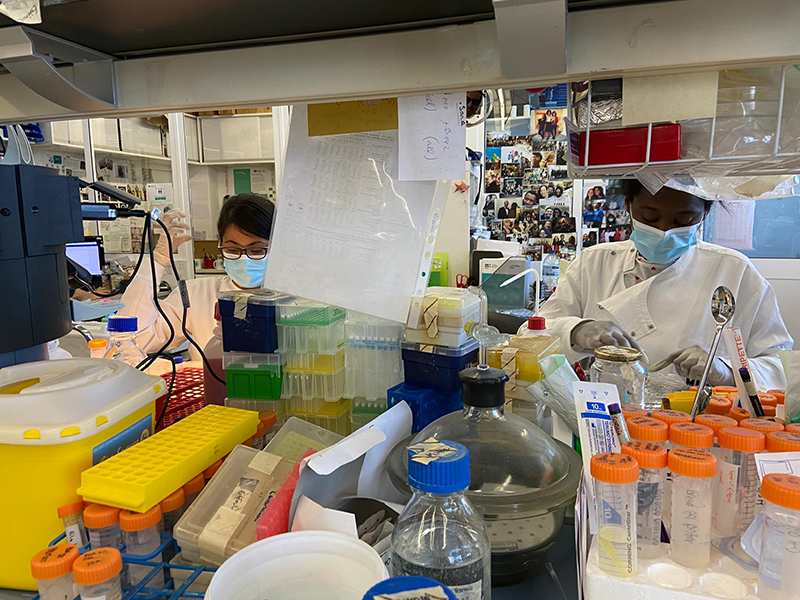
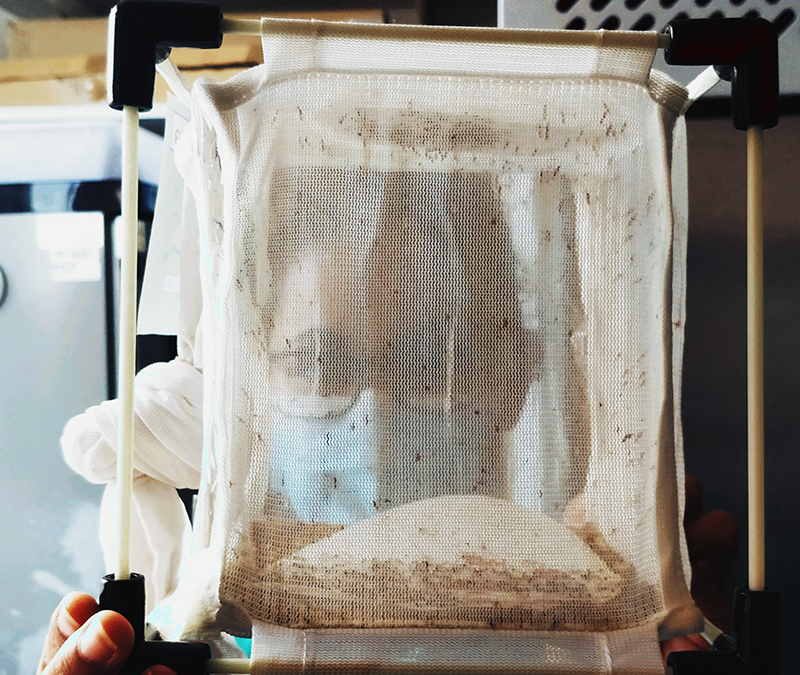
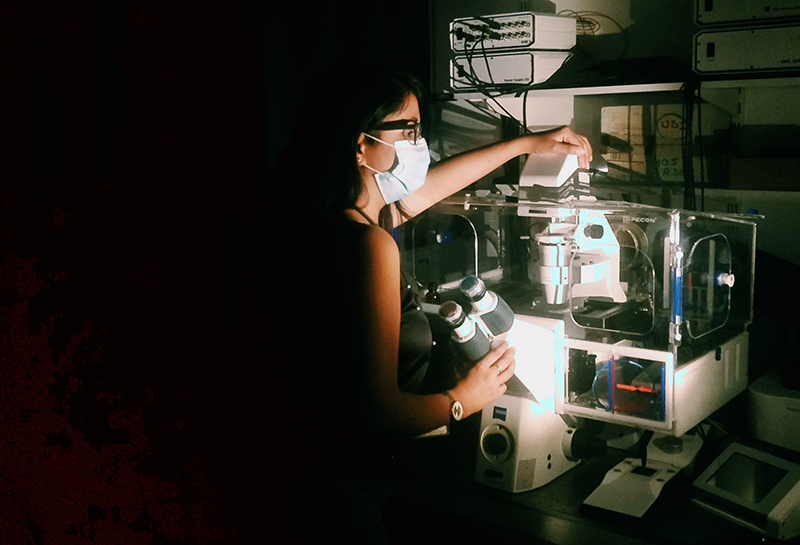
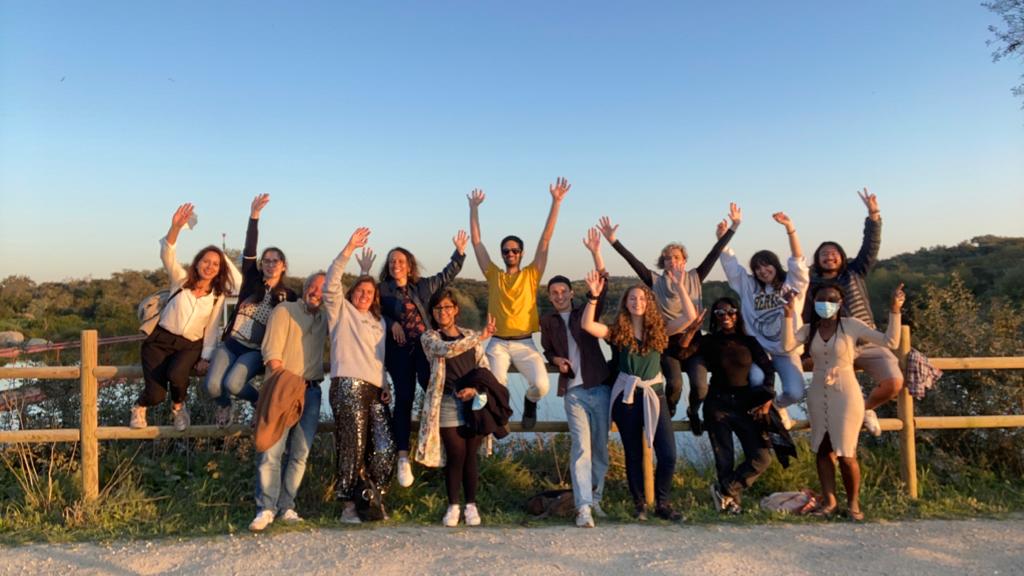
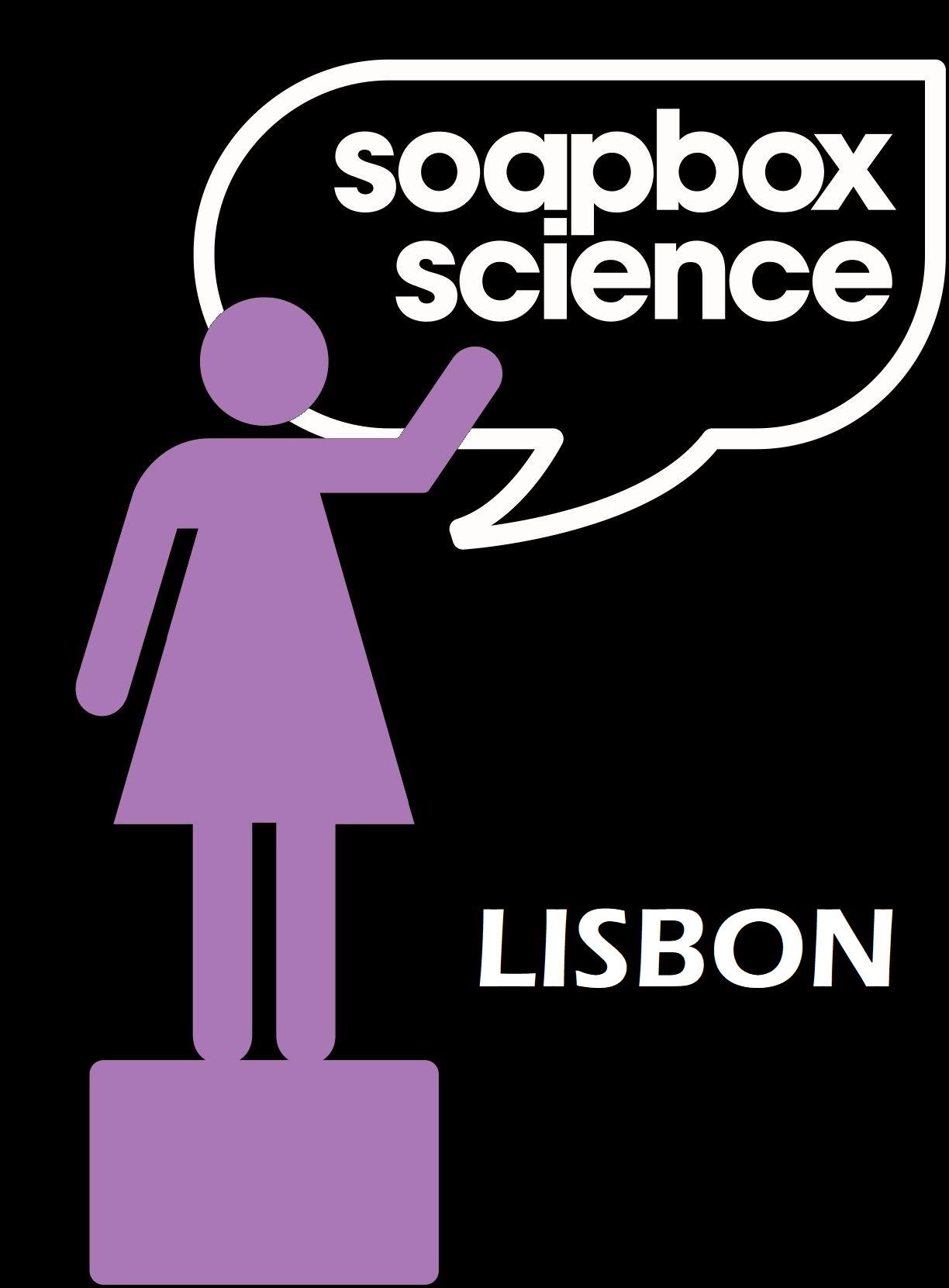
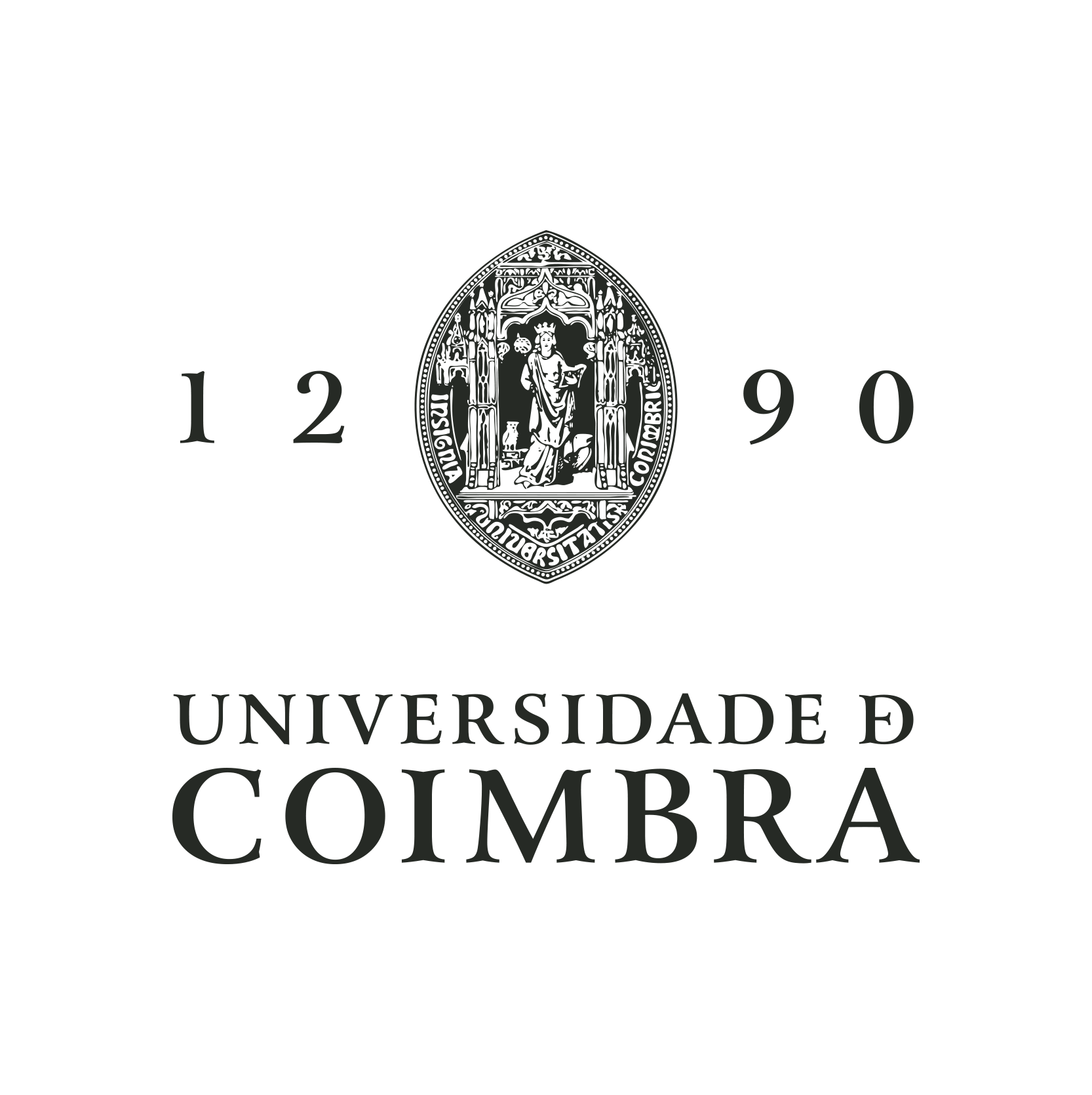
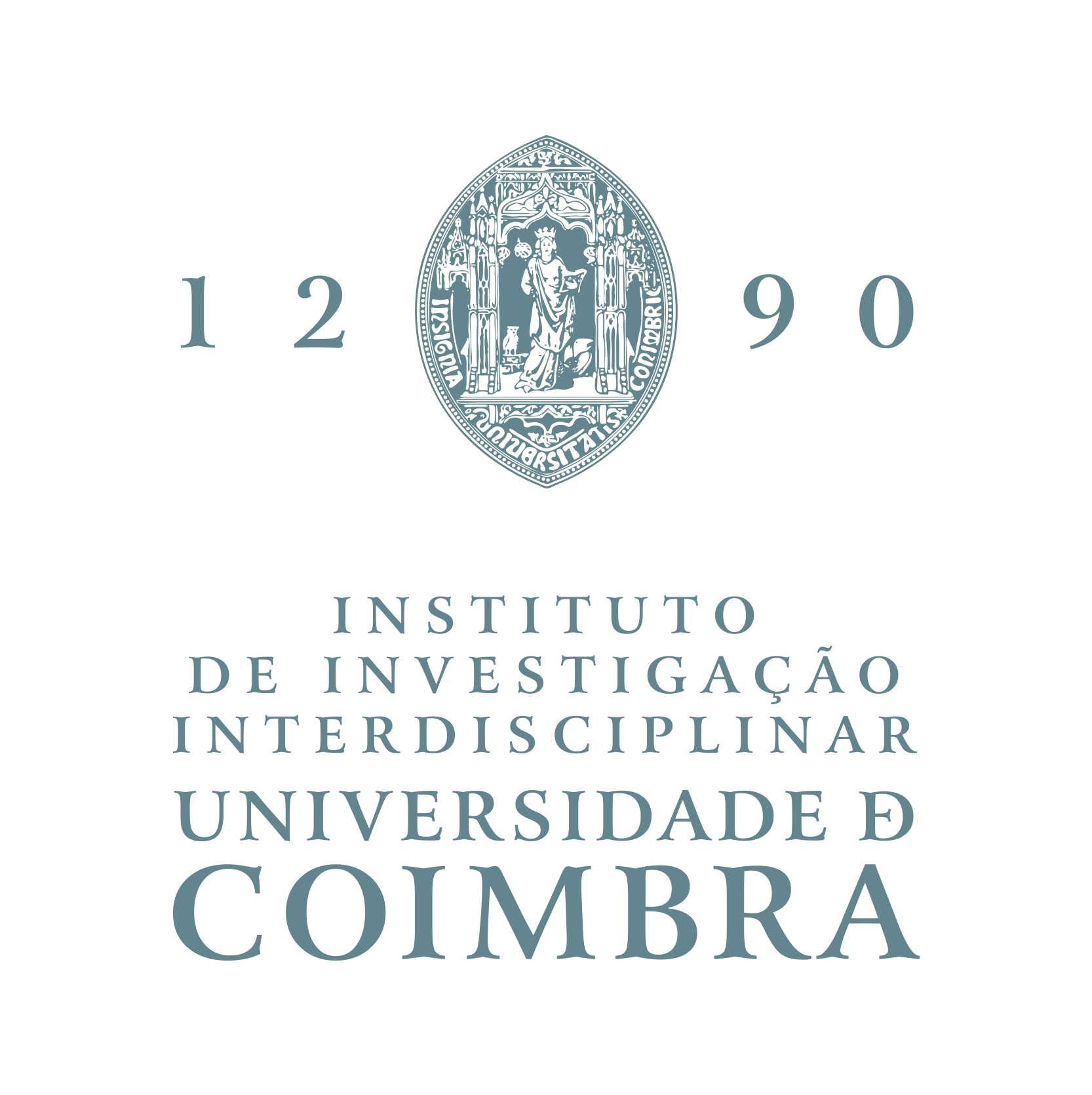
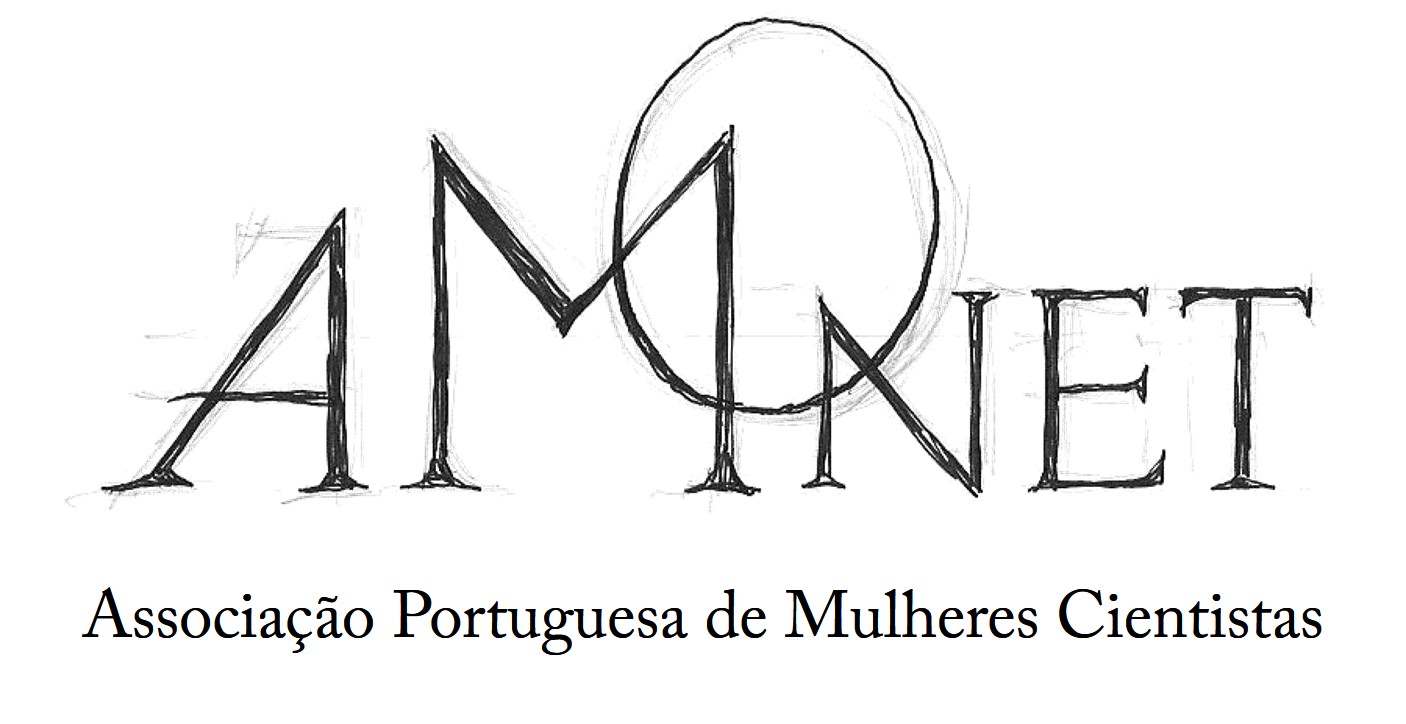
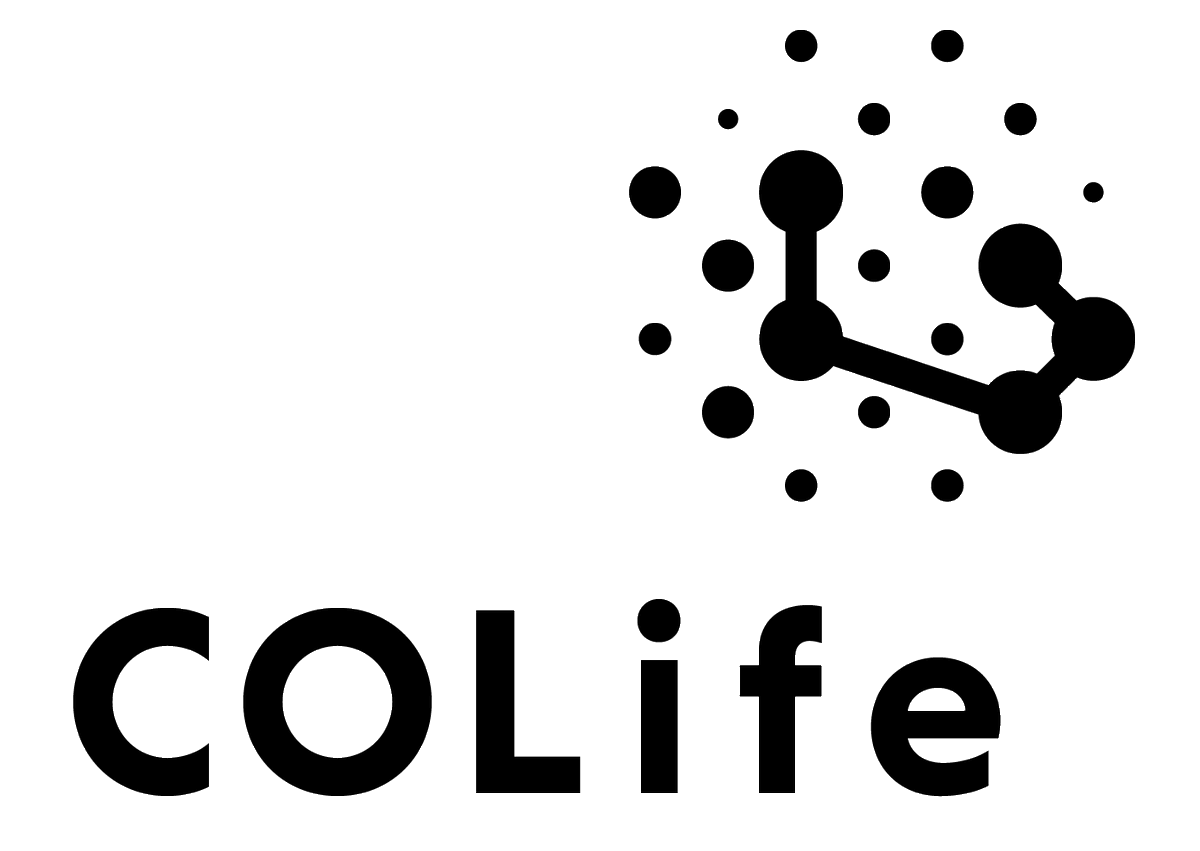
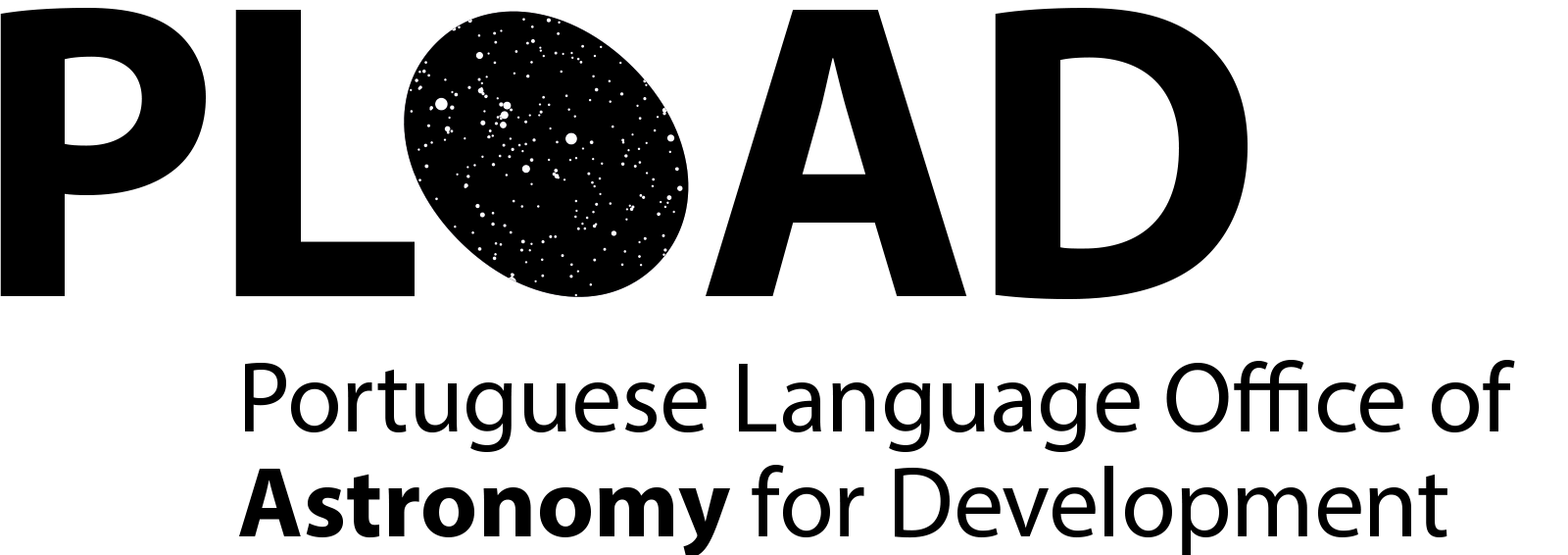
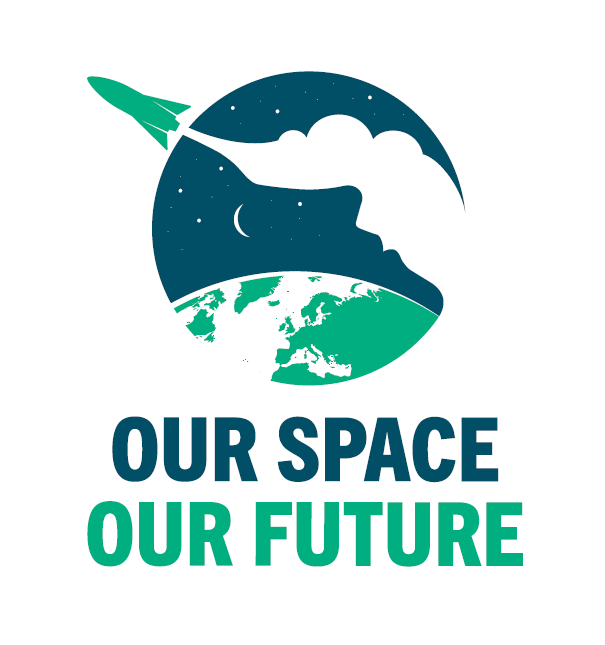

Leave a Reply